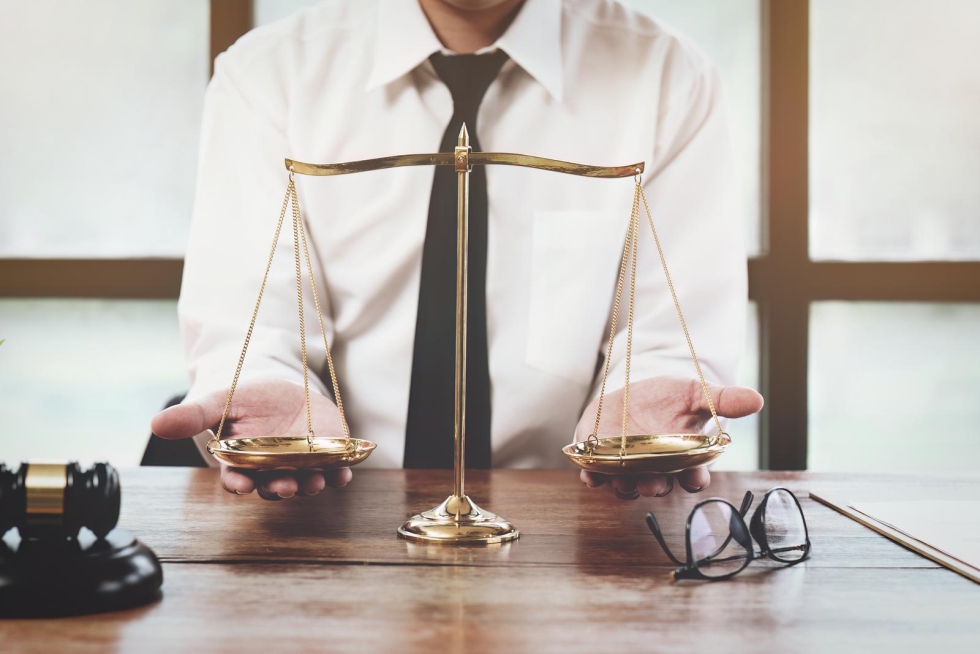 criminal lawyer Scarborough
criminal lawyer Scarborough
Oct
Navigating Police Encounters: Understanding Your Rights Under Canadian Law
Written by Ahmad AkhtarEncounters with law enforcement can be stressful and intimidating. However, being informed about your rights during such interactions can provide some peace of mind.
In Canada, the Charter of Rights and Freedoms ensures certain protections for individuals during police encounters. This article aims to shed light on these rights and provide tips on how to conduct oneself during a police stop or arrest.
Charter of Rights and Freedoms
- Right to Remain Silent: Under the Canadian Charter of Rights and Freedoms, everyone has the right to remain silent during interactions with the police. This is anchored in Section 7, which guarantees the right to life, liberty, and security of the person. If you are stopped by the police, you are not under any obligation to answer their questions, especially in the absence of legal counsel.
- Identification Requirements: In Canada, you are generally not required to provide identification to the police unless you are being detained or arrested, or if you are driving, in which case you must provide your driver’s license, registration, and insurance.
- Search Rights: Your rights against unreasonable search and seizure are protected under Section 8 of the Charter. Police need a warrant to search you or your property, although there are exceptions, such as if they have reasonable grounds to believe you have committed a crime or if they believe there's an imminent threat to safety.
- Detention and Arrest Rights: Section 9 of the Charter protects against arbitrary detention or imprisonment. If detained or arrested, you have the right to be informed of the reasons for your detention or arrest, and the right to retain and instruct counsel without delay.
- Legal Representation: Section 10 of the Charter ensures your right to legal counsel. It's advisable to request a lawyer before answering any questions from the police, as anything you say can be used against you in court. Having a lawyer present can help ensure your rights are protected during questioning.
Tips for Interacting with Law Enforcement
- Stay Calm: It’s natural to feel anxious during police encounters, but staying calm and composed will help the situation proceed smoothly.
- Be Respectful: Being polite and respectful can go a long way in ensuring a positive interaction.
- Know Your Rights: Understanding your rights and asserting them respectfully can help protect your interests during police encounters.
- Seek Legal Advice: If unsure about your rights or if you find yourself in a legal predicament, it’s always a good idea to consult with a criminal lawyer.
The Bottom Line
Being well-informed about your rights under the Charter of Rights and Freedoms is crucial during interactions with law enforcement in Canada. Respecting the police's authority while also respectfully asserting your rights can help ensure fair and just treatment during such encounters. Got questions? Contact and speak to a criminal lawyer Scarborough today.
This article was produced exclusively for Muslim Link and should not be copied without prior permission from the site. For permission, please write to info@muslimlink.ca.
This article was produced exclusively for Muslim Link as part of a paid advertising package. For more information on how to advertise through Muslim Link and support the running of Canada's Online Hub go here.




